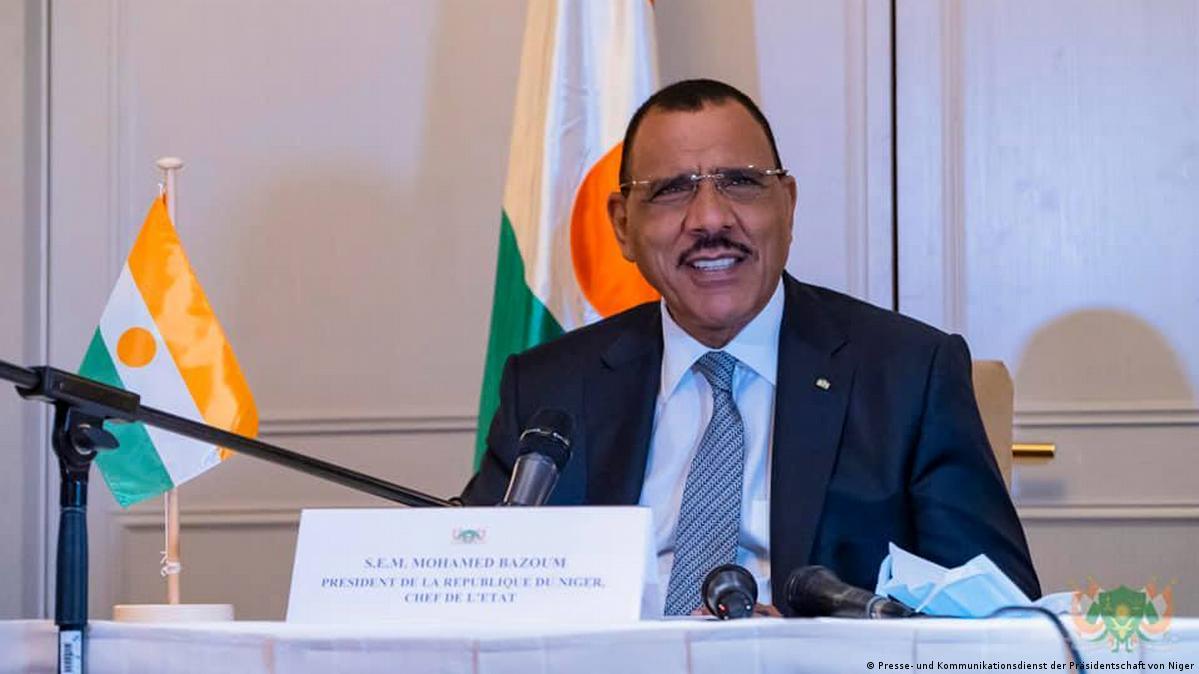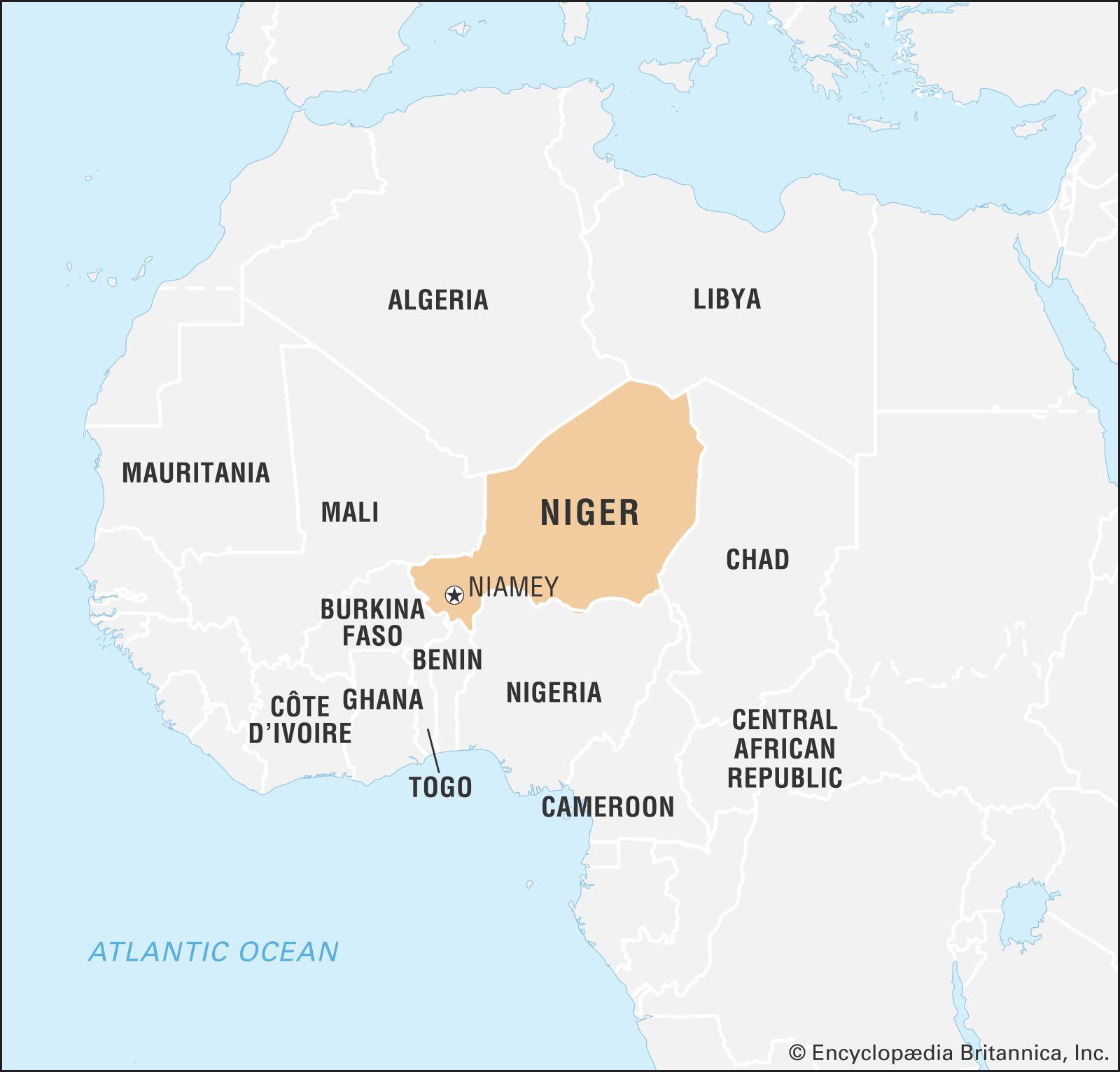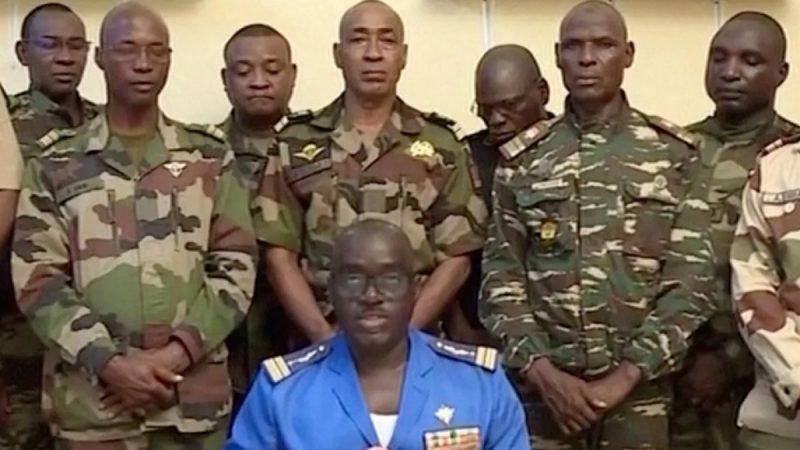On July 26, an attempted coup in Niger shook the country’s political stability and raised concerns over its efforts to combat the growing Islamist insurgency in the Sahel region. President Mohamed Bazoum, who came to power in 2021 through the country’s first peaceful democratic transition, was ousted by mutinous soldiers. This article delves into the reasons behind the coup, its implications for the region, and the international response.
Reasons for the Coup
-
Deteriorating Security and Governance: The coup plotters, known as the National Council for the Safeguarding of the Country, cited the deteriorating security situation and perceived mismanagement of social and economic affairs as their primary motivations.
- Pressure on President Bazoum: Bazoum’s presidency faced challenges as the insurgency continued to spread in the southern regions. Some sections of the military grew frustrated with his perceived over-reliance on France, which had troops stationed in Niger to counter the Islamist threat.
-
Restricting Military’s Influence: President Bazoum’s efforts to curtail the military’s influence added to tensions. He forced some generals into retirement, sent others abroad, and cut back on the privileges given to the Presidential Guard, leading to resentment within the armed forces.
President Bazoum’s Stand

President Bazoum strongly rejected the coup attempt and affirmed that he had not resigned. He reassured the public of his determination to safeguard hard-won achievements and highlighted his widespread support among the population and political parties.
Response from Nigerien Government and People
The Nigerien government condemned the coup attempt, urging all democratic patriots to reject such actions. The demand for the unconditional release of President Bazoum was made, and ongoing talks were initiated to resolve the crisis through dialogue.
Implications for the Region
-
Threat to Sahel Stability: The attempted coup poses a significant challenge to regional stability, particularly for Western countries’ efforts to counter the fast-spreading Islamist insurgency in the Sahel. The region has witnessed multiple coups in recent years, further complicating security cooperation and counter-terrorism efforts.
-
Concerns for Niger’s Role: Niger, as the largest country in West Africa, was considered a crucial partner in countering extremism in the Sahel. The coup has raised concerns over potential disruptions in security cooperation and impacts on regional stability.
International Response
-
Russia’s Involvement: The U.S. White House clarified that there were no credible indications of Russia or Wagner’s involvement, a notorious Russian mercenary group, in the coup attempt.
-
Monitoring by the International Community: The international community closely monitors the situation in Niger and its potential implications on regional security and stability, emphasizing the importance of a peaceful resolution.
About Niger, key points:

Niger is a landlocked country located in West Africa. Here are some key points about Niger:
-
Independence: Niger gained independence from France on August 3, 1960, becoming one of the earliest African nations to achieve sovereignty from colonial rule.
- Geography: The country’s landscape is predominantly covered by the Sahara Desert, and it comprises a mix of desert, semi-arid regions, and savannahs. The Niger River, one of the country’s major water sources, flows through its southwestern regions.
- Capital: The capital of Niger is Niamey, which serves as the political, economic, and cultural center of the country.
- Population: As of the latest available data, Niger has a population of approximately 25 million people, making it one of the most populous countries in West Africa.
- Economy: Niger’s economy is primarily based on agriculture and livestock. The country’s main crops include millet, sorghum, and cassava. Uranium mining is another significant sector in Niger’s economy.
- Challenges: Niger faces various challenges, including food insecurity, poverty, and a high birth rate. The arid climate and occasional droughts contribute to the country’s vulnerability to food crises.
- Ethnic Diversity: Niger is home to a diverse range of ethnic groups, with the Hausa, Zarma-Songhai, and Tuareg being among the largest.
- Religion: Islam is the dominant religion in Niger, with the vast majority of the population practicing Sunni Islam.
- Languages: French is the official language of Niger, inherited from its colonial past. However, there are multiple indigenous languages spoken across the country.
-
Regional Security: Niger is a key player in regional security efforts to combat Islamist insurgency in the Sahel region. It faces threats from groups like Al-Qaeda and the Islamic State operating in the area.
Find More International News Here



 Indian Olympic Medal Winners List Till N...
Indian Olympic Medal Winners List Till N...
 Who is the Inventor of the Gramophone?
Who is the Inventor of the Gramophone?
 HS Dhaliwal Appointed New DGP Of Andaman...
HS Dhaliwal Appointed New DGP Of Andaman...
